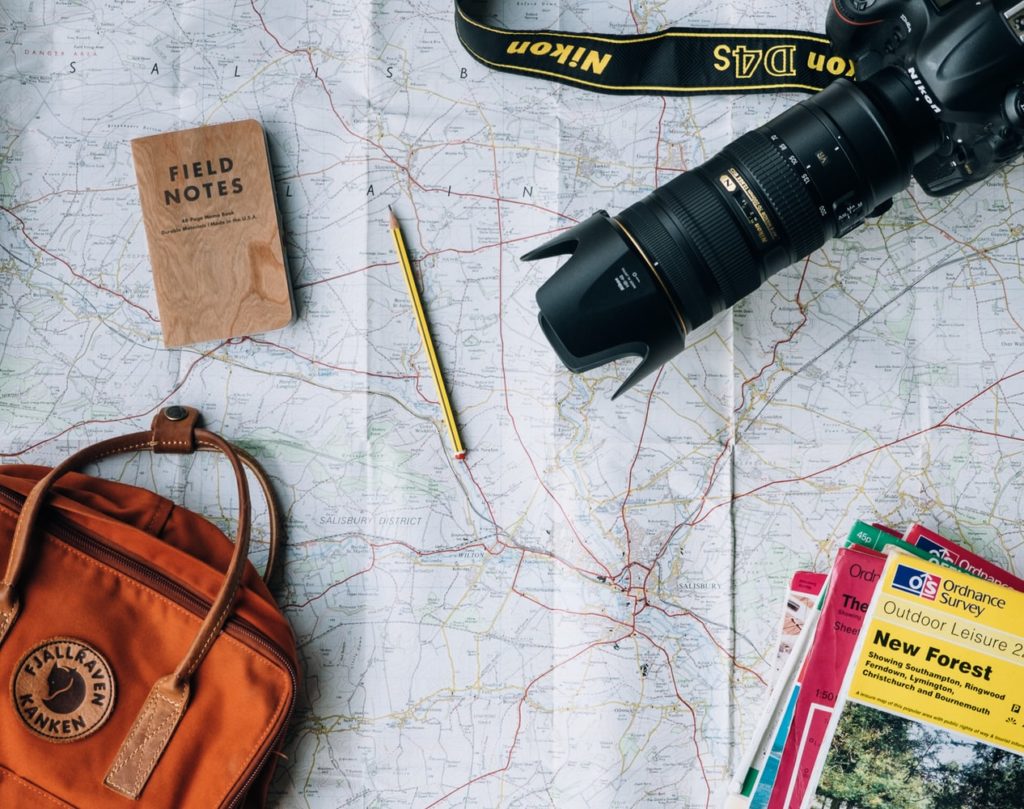A student’s life can be tough, and having to complete assignments often puts you under severe pressure. Sometimes, traveling is the best way to take a break and escape, even if it’s only for the weekend.
As a student, you have the benefit of holidays and student discounts, so it’s one of the best times in your life to satisfy your thirst for adventure. The only problem you may have is a lack of money. Traveling on a student budget is definitely possible, though, as long as you take advantage of ways to make your trips more affordable. Here are five travel tips to help you make your money go further.
5 Tips on How to Travel on a Student’s Budget
5. Be smart about flights.
During the holiday season, the prices are higher, and it is a time of endless queues and jostling crowds. Book flights during the off-season instead when airlines often cut their prices to attract tourists, and the places are less crowded. Research the best time to visit a destination you’re considering and then book flights just before or after these dates. Traveling spontaneously can be great fun; but if you’re a student on a budget, it is better to plan ahead. Leaving less to chance usually means you will have fewer unexpected expenses. Book a flight well in advance because booking at the last minute means having to pay far more. The closer you get to your departure date, the more prices increase.
Using websites like Skyscanner or The Flight Deal can help you to find cheap flights.
4. Consider unexpected destinations.
It is a mistake to make airfare prices your only consideration. Flights to Europe or North America may be cheaper; but accommodation, food, and excursions are less expensive in destinations like Southeast Asia, South America, and Eastern Europe. There are many budget-friendly countries in these places.
Traveling to Europe on a budget can be difficult, and the reality is that countries like Germany or France are probably too expensive for students. Destinations like Vietnam and Thailand are very affordable and accessible. While $100 won’t last you a day in France, it could get you through more than a week in Thailand.
If you’re concerned about falling behind with your work while traveling to exotic locations, consider getting a little help. Contact a writing service with a request to “write me an essay” and you will have more time to have experiences you will remember for a lifetime.
3. Eat like a local.
Tourists often eat at fancy restaurants when they travel and spend a fortune on food. If you eat like a local, it is possible to get away with spending far less. Walk a few blocks away from the restaurants frequented by tourists and find cafes that offer local food at reasonable prices. Street food can sometimes be way better than what you eat at a fancy restaurant.
Conversely, you can buy ingredients from farmer’s markets and cook your own food. Local products are always cheaper than imported foods and taste fresher, too.
2. Choose budget accommodation and use alternative transportation.
Stay in dorm rooms in hostels instead of expensive hotel suits. Sharing a room divides costs and gives you the opportunity to meet new people.
Websites like AirBnB give you the opportunity to book a spare room in someone’s house or apartment. This will not only cost you less but give you a more authentic cultural experience. Your host is likely to have plenty of advice for you about what to see and do.
Staying with family or friends is also an option. Plan a trip to a destination where someone you know lives and you may just get free accommodation.
Visit forums before you go, too, and look into public transportation to get from the airport and around the city. For short journeys, bike sharing programs offer a cheap way to get around. If you are visiting a number of destinations, look at ride sharing options, as well as trains or buses.
1. Focus on “free”.
There are many museums, art galleries, and other places with free entrance. Focus on enjoying the free sights instead of splashing out cash on excursions.
You can get discounts at over 120,000 places in over 130 countries around the world with a student card. You may be able to use the card issued by your university, but the gold standard is the International Student Identity Card (ISIC).
You are usually able to find free walking tours in many places where you pay with an optional tip at the end. Try a quick online search to see what you can do without any cost – there are usually plenty of options.
Use the above tips for college students and you will find that a limited travel budget won’t stop you from traveling. If you roughly add up your flights, accommodation, spending money, and emergency money; you will have an overall idea of how much you need to save. Plan well in advance, choose a budget destination, think like a local instead of a tourist and you may be pleasantly surprised by how far your money will go.
Author Bio:
Simi is an academic counselor helping students perform optimally in college and university, both academically and in extracurriculars. She also works as an online tutor to coach students who aspire to become professional authors, writers and bloggers. In her free time, she likes to write health and travel blogs, practice yoga and jog on the beach.






